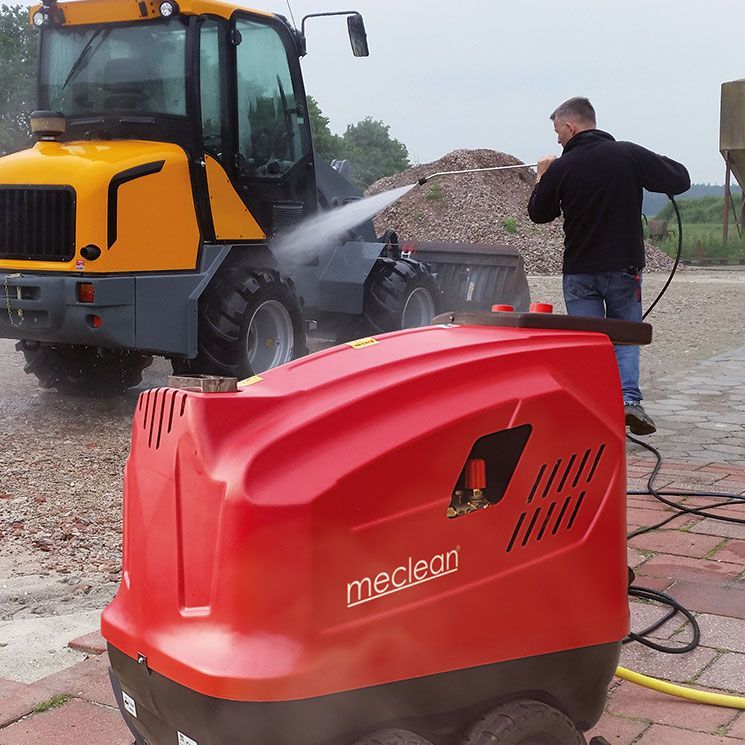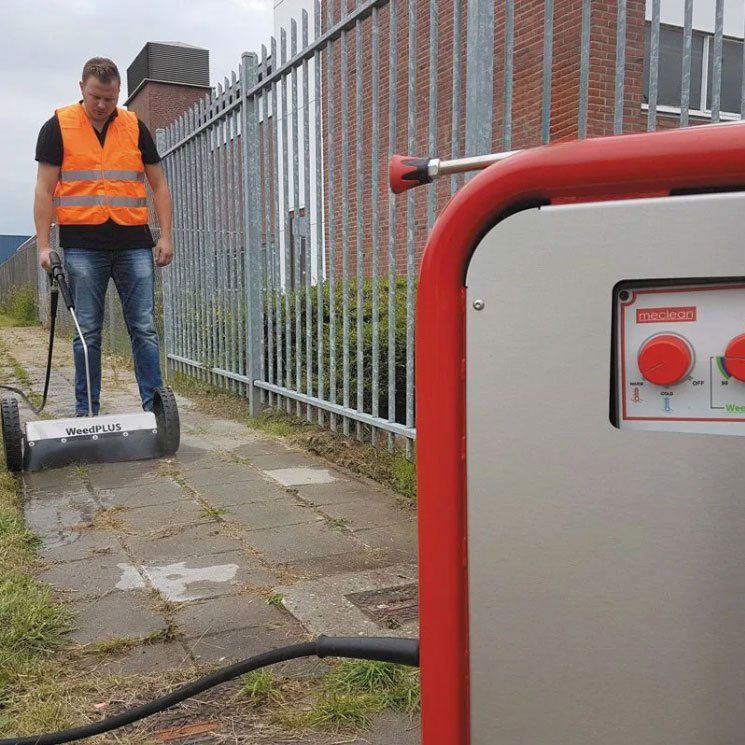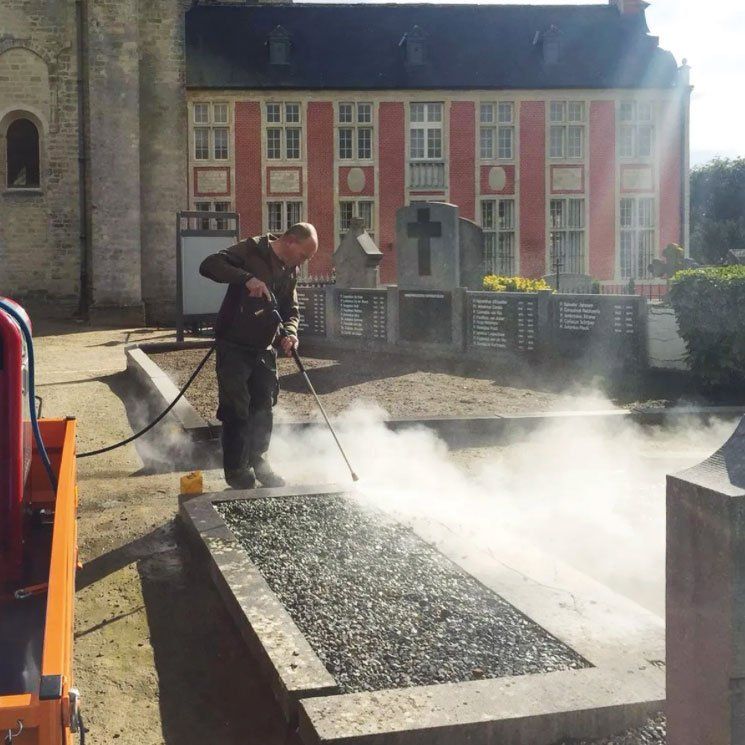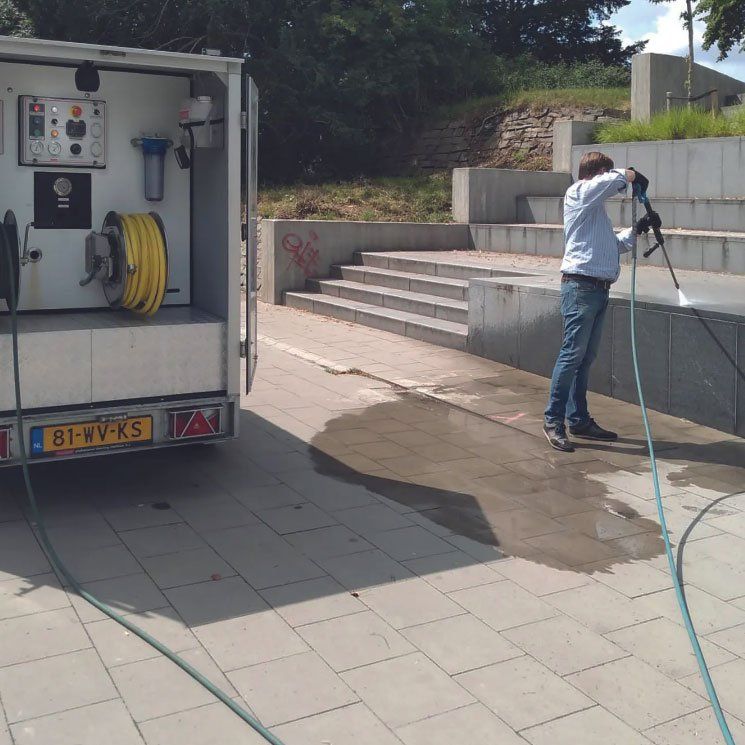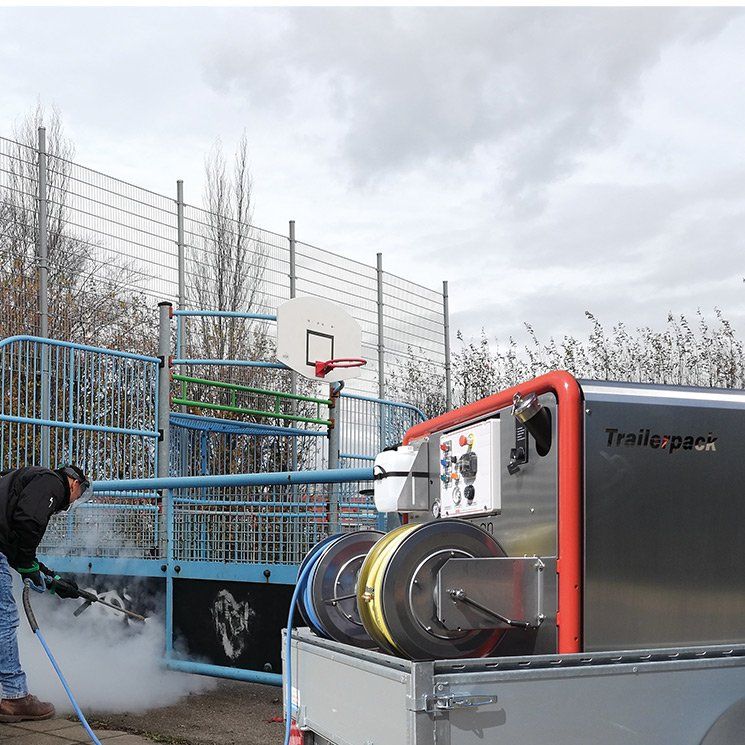Multifuel
Meclean is a company which is always at the forefront when it comes to new technical innovations, progressive developments and trends in the market on a local, national and global level with the aim of providing the end user with solid and reliable products for the cleaning challenges of today but also for the near future. According to the needs and wishes of the customer.
By the term Multifuel is meant that this product works both with the traditional fuel such as diesel but also with fossil free and low emission fuels. Well-known variants are Neste MY Renewable Diesel, GTL and Aspen Diesel.
HV0 stands for "Hydrotreated Vegetable Oil," or diesel fuel made from vegetable oils and residual waste. The letters indicate the purity of the blend form. HV0100 is the purest form and therefore offers the most sustainability benefits.
You might not think it but Aspen Diesel is a clean HVO fuel developed specifically for professional diesel machinery. This future-proof fuel contains fewer harmful substances, has a long shelf life and is completely renewable.
HV0100 and Aspen Diesel are not only better for the machines but also for the end user, the environment and the climate.
Pressure washer suitable for multi fuel
Solid mechanical engineering ensures high reliability and long service life
Solid mechanical engineering and pure cleaning power packed into an aerodynamic housing
Solid mechanical technology for installation in commercial vehicle or trailer. Meclean is an approved installation specialist
Professional cleaning machines with Kohler diesel engines are fully compatible with HVO100
A modern diesel engine does not need to be modified to use HVO100, this makes the switch to renewable fuel very easy. However, it is advisable to check the compatibility of the machine or vehicle beforehand. Because HVO100 is more chemically stable than other similar fuels, it requires less frequent maintenance and benefits the life of injectors and fuel filters. HV0100 is also odourless and more resistant to colder temperatures than traditional biodiesel (FAME).
Does HVO100 affect Kohler engine performance?
Because the composition of HVO is very similar to regular diesel according to the NEN-EN 590 standard, you can mix it well with conventional diesel. A common ratio is HVO20, twenty per cent HV0100 and eighty per cent diesel or HVO50, fifty per cent HVO100 and fifty per cent diesel. Using HVO100 also does not detract in any way from the performance of the professional cleaning machine when compared with conventional fuel.
Want to read Kohler's full statement on HVO100? Then click on this link here or visit hvo.kohlerpower.com for more information on this environmentally conscious topic.
Want to know more about our multi fuel pressure washers?
Call us +31 115 43 25 30 or leave a message...
Demo-aanvraag via Hogedrukreinigers intropagina
Frequently asked questions about HVO100 fuel
Hydrotreated Vegetable Oil is an increasingly popular choice for companies that value sustainability and CO2 reduction. As a fossil-free diesel variant, HVO100 offers numerous advantages, but can also raise questions.



